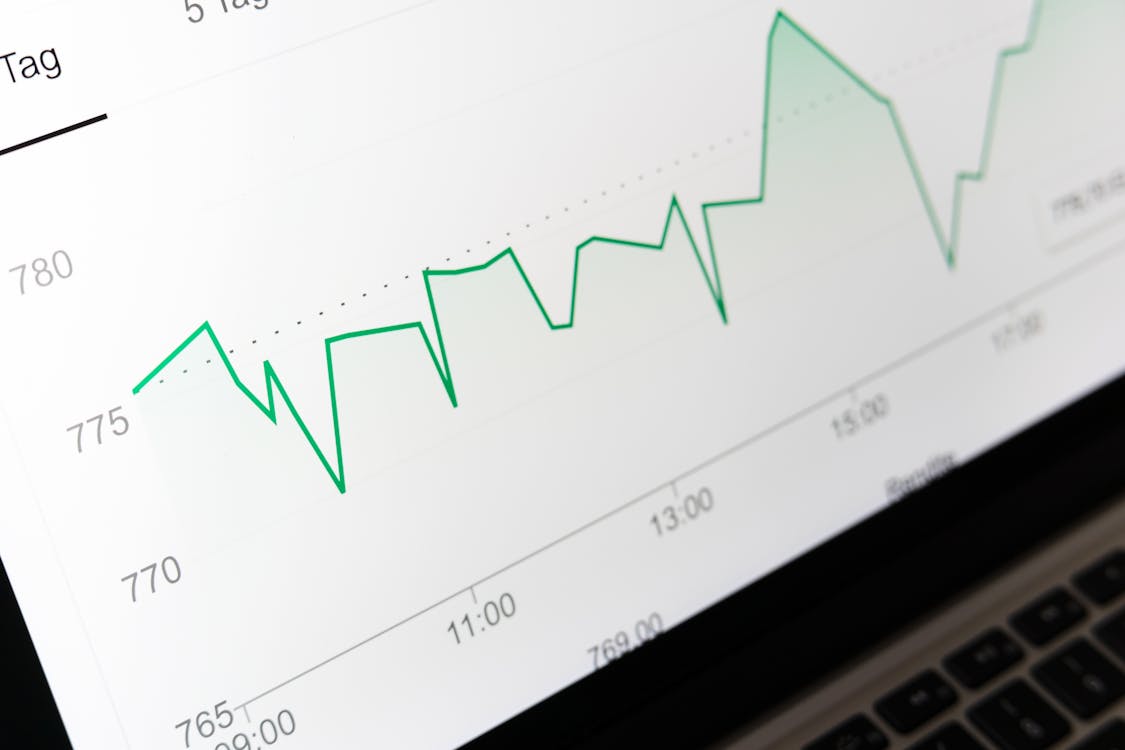
 Image Source: Pexels
Image Source: Pexels
Exports and imports both weaken
Indonesia’s September trade figures missed market expectations, with exports and imports falling in USD from the previous month, and annual growth rates falling. August’s export numbers were also revised lower. Exports in September fell to USD 22.1bn, a fall of USD 1.5bn. Imports were also softer, falling USD 1.8bn from the previous month to USD 18.82bn. Newswires have focussed on the fact that both exports and imports are still rising in year-on-year terms and also on the fact that the trade surplus has grown slightly (it has edged up to USD 3.26bn from USD 2.9bn in August).However, markets did not register much enthusiasm for these figures, which likely reflect the very difficult global demand environment for many of Indonesia’s commodity-heavy exports, and the IDR was weaker before and immediately after these numbers. From August, non-oil exports to the rest of ASEAN were much weaker, mainly due to a sharp (13.99%) fall in exports to Thailand. Exports to the other major countries including China, the US, South Korea and Japan were also much weaker (-8.34%). Exports to Europe were still slightly positive (1.36%).
Indonesian trade breakdown (USD mn)

Signs point to Indrawati remaining Finance Minister
Of more interest to markets, may be reports that suggest Sri Mulyani Megawati, the Finance Minister under President Jokowi, is considering working in the same role under President-elect Prabowo Subianto. Global markets have a high regard for Megawati, who is considered a steady hand on the economy, at a time when there are some concerns about Prabowo’s fiscal credentials. These concerns have been one of the principal sources of IDR weakness in recent months, following Prabowo’s plans to provide free meals for school children. Nothing seems to be firmly agreed upon yet, and may not be until Prabowo is inaugurated on 20 October after which there should be more clarity on the rest of the cabinet, and by extension on what we might expect from Prabowo as President. In the meantime, Bank Indonesia, which meets tomorrow, will likely seek to steer a steady course by leaving policy interest rates at their current level of 6.0%. More By This Author:Asia Morning Bites For Wednesday, Oct 16UK Jobs Market Is Cooling Despite Latest Fall In Unemployment Eurozone Industrial Production Surged In August
















